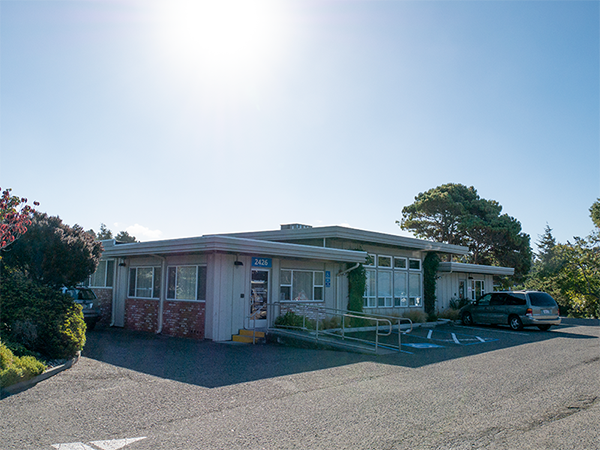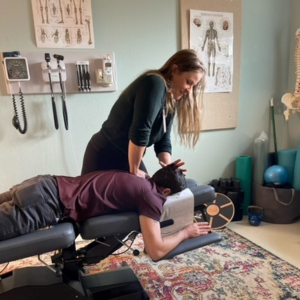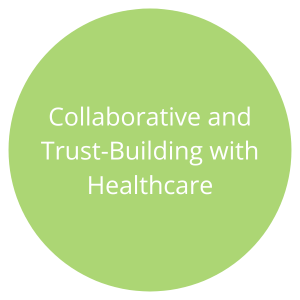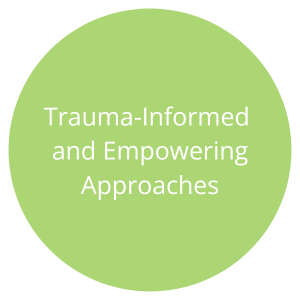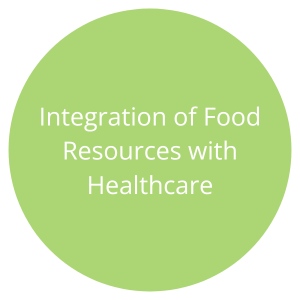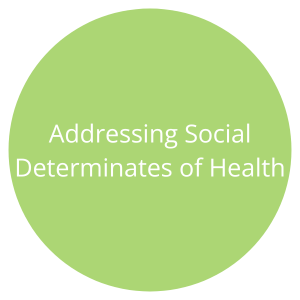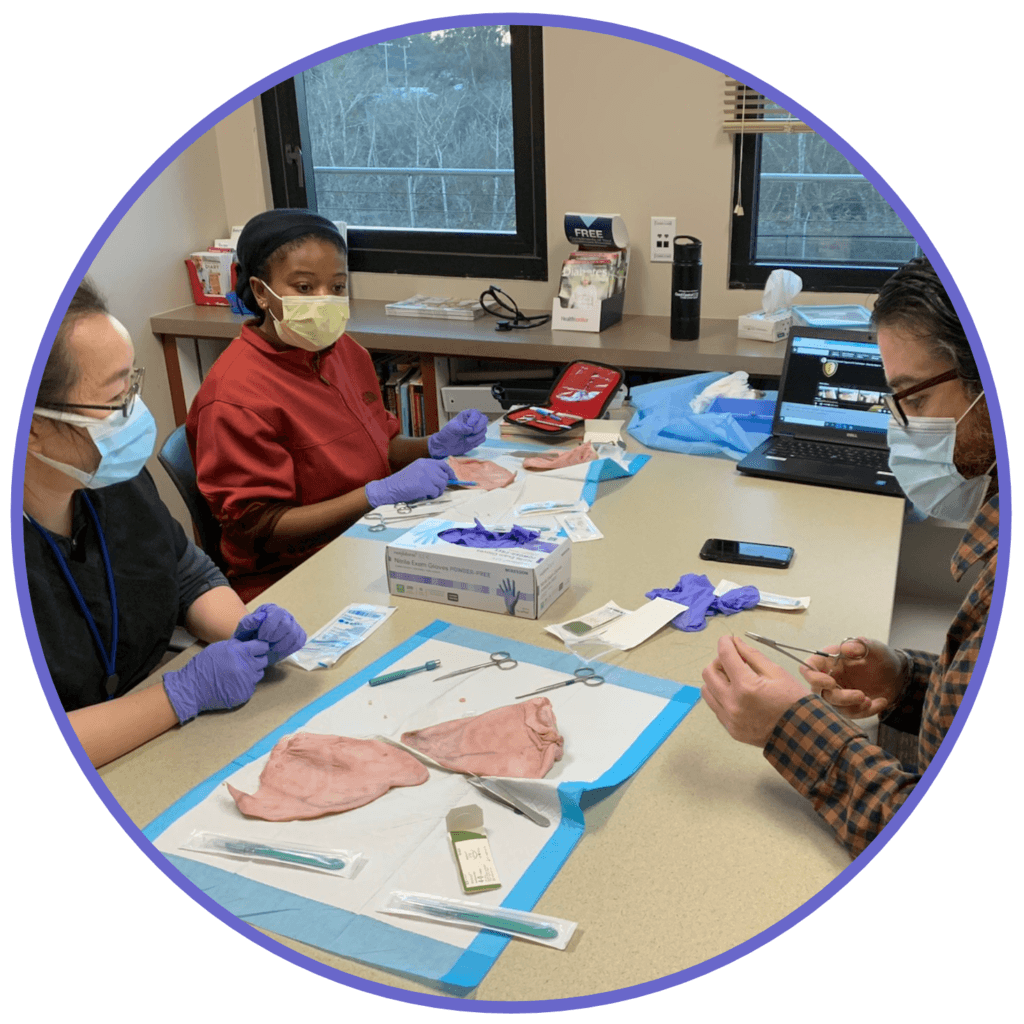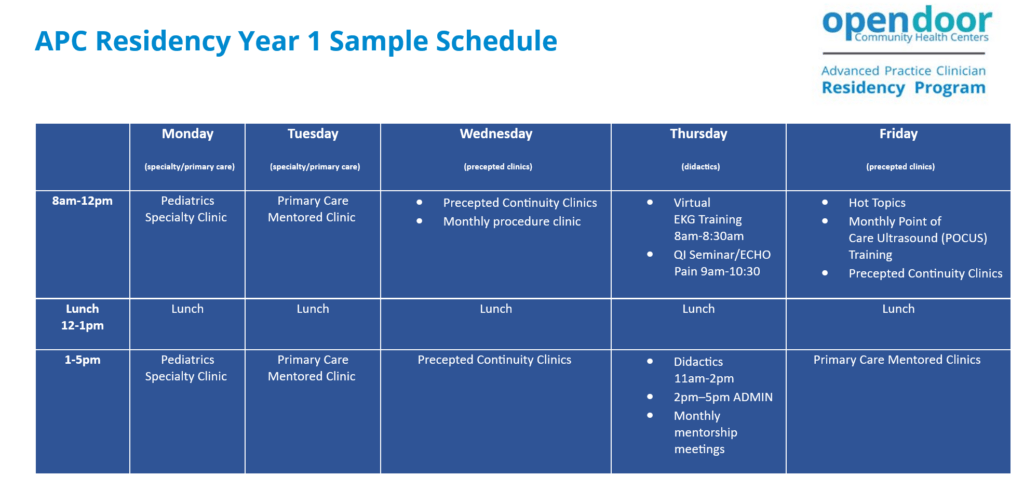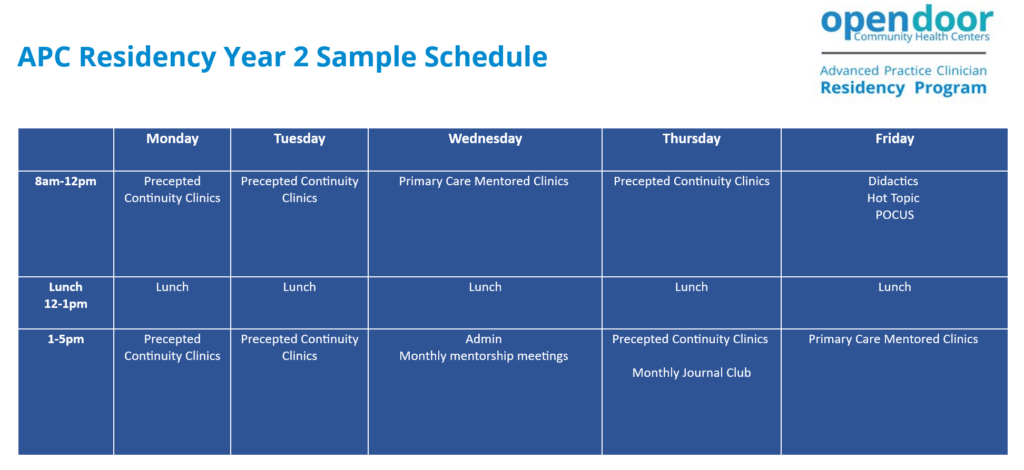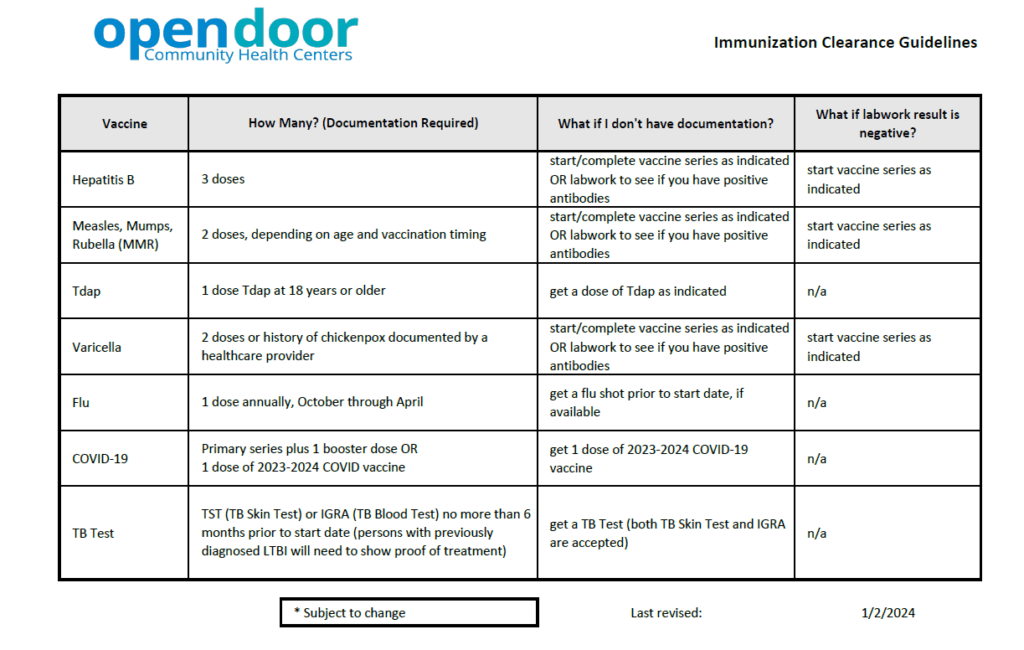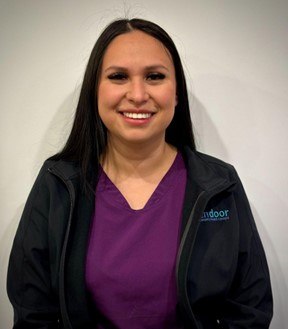
Prenatal Patient Information
Prenatal care, also known as antenatal care, is a type of preventive healthcare. Its goal is to provide regular check-ups that allow doctors or midwives to treat and prevent potential health problems throughout the course of the pregnancy and to promote healthy lifestyles that benefit both mother and child. Below are some helpful resources.
Three of our health centers provide comprehensive prenatal care:
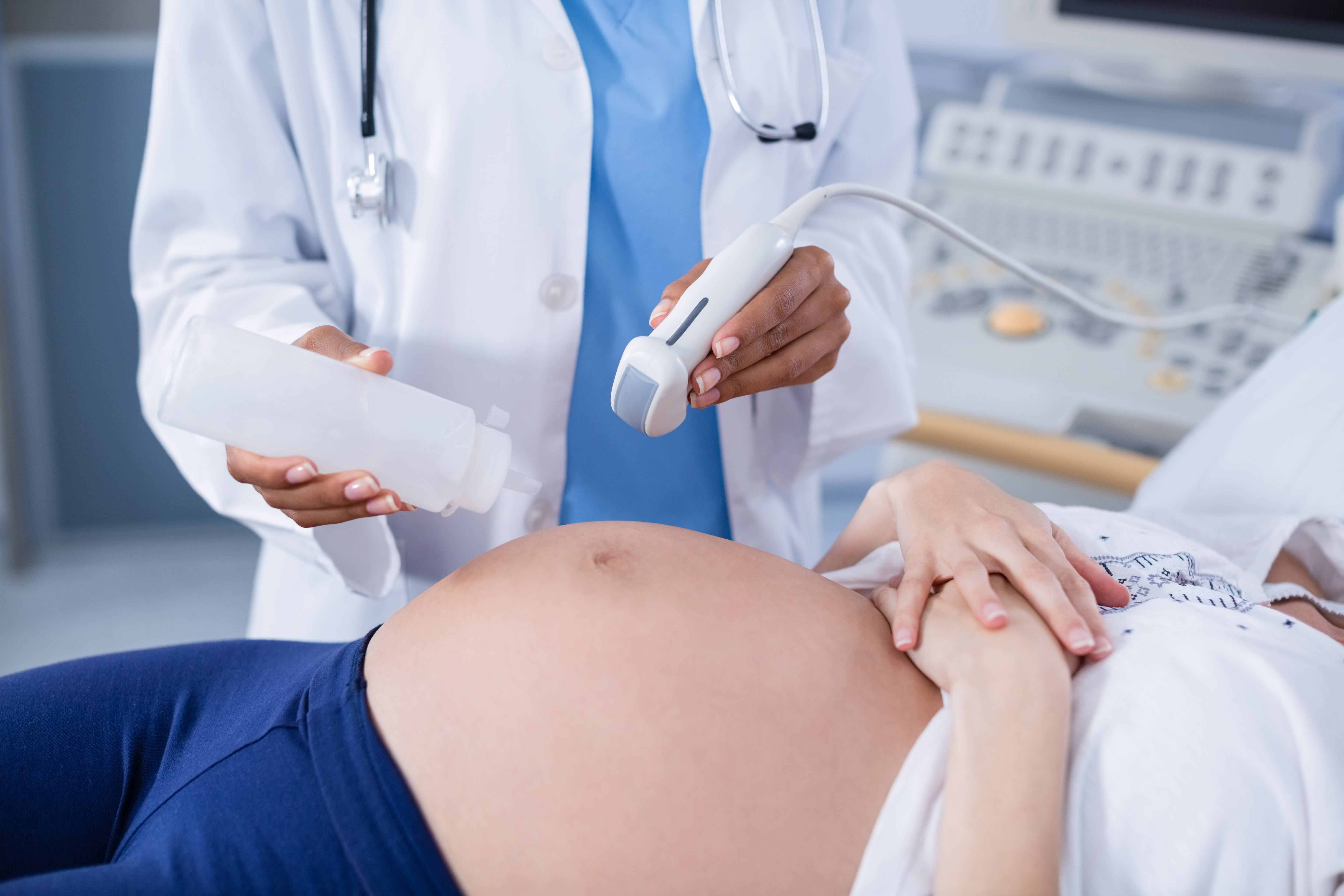
Our Pregnancy Services team recommends the resources, click the titles below to expand for more information:
Prenatal Classes
Childbirth Classes 2023
Our 6-week Childbirth Education classes emphasize the basic anatomy and physiology of birth. Topics discussed in this series includes birth preparation, relaxation simulations, breathing techniques, comfort measures, breastfeeding education, newborn care, and car seat safety.
Dress comfortably and set up a mat or blanket and pillow for your comfort.
Class outline is as follows:
Class Outline
- Preparing for birth, Stages of labor
- Comfort Measures/Relaxation
- Stage 2 and 3 of childbirth, interventions in labor
- C-Sections, Infants in the hospital
- Car Seats/Infant Care
- Breastfeeding/Postpartum Mother Care
Current classes are Saturdays from 10:30 – 12:30 on zoom
March – April: 03/04, 03/11, 03/18, 03/25, 04/01, 04/08
April – May: 04/22, 04/29, 05/06, 05/13, 05/20, 05/27
June – July: 06/10, 06/17, 06/24, 07/01, 07/08, 07/15
July – August: 07/29, 08/05, 08/12, 08/19, 08/26
September – October: 09/16, 09/23, 09/30, 10/07, 10/14, 10/21
November – December: 11/04, 11/11, 11/18, 11/25, 12/02, 12/09
To find out more or join a class with the access code, please call North Country Prenatal Services (707) 822-1385
Breastfeeding Support & Education
To make an appointment with our lactation specialist, Kit Meyer (International Board Certified Lactation Consultant), for one-on-one prenatal or postpartum education, breastfeeding evaluations, infant weight gain assessments, or feeding concerns, please contact us at: (707) 822-1385.
Learn about other support and classes at the local WIC offices, St. Joseph’s and Mad River Hospitals, and Private lactation consultants. Learn more at Humboldt First Five.


